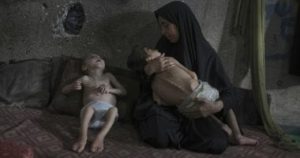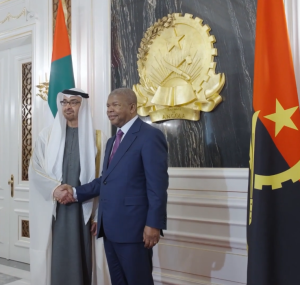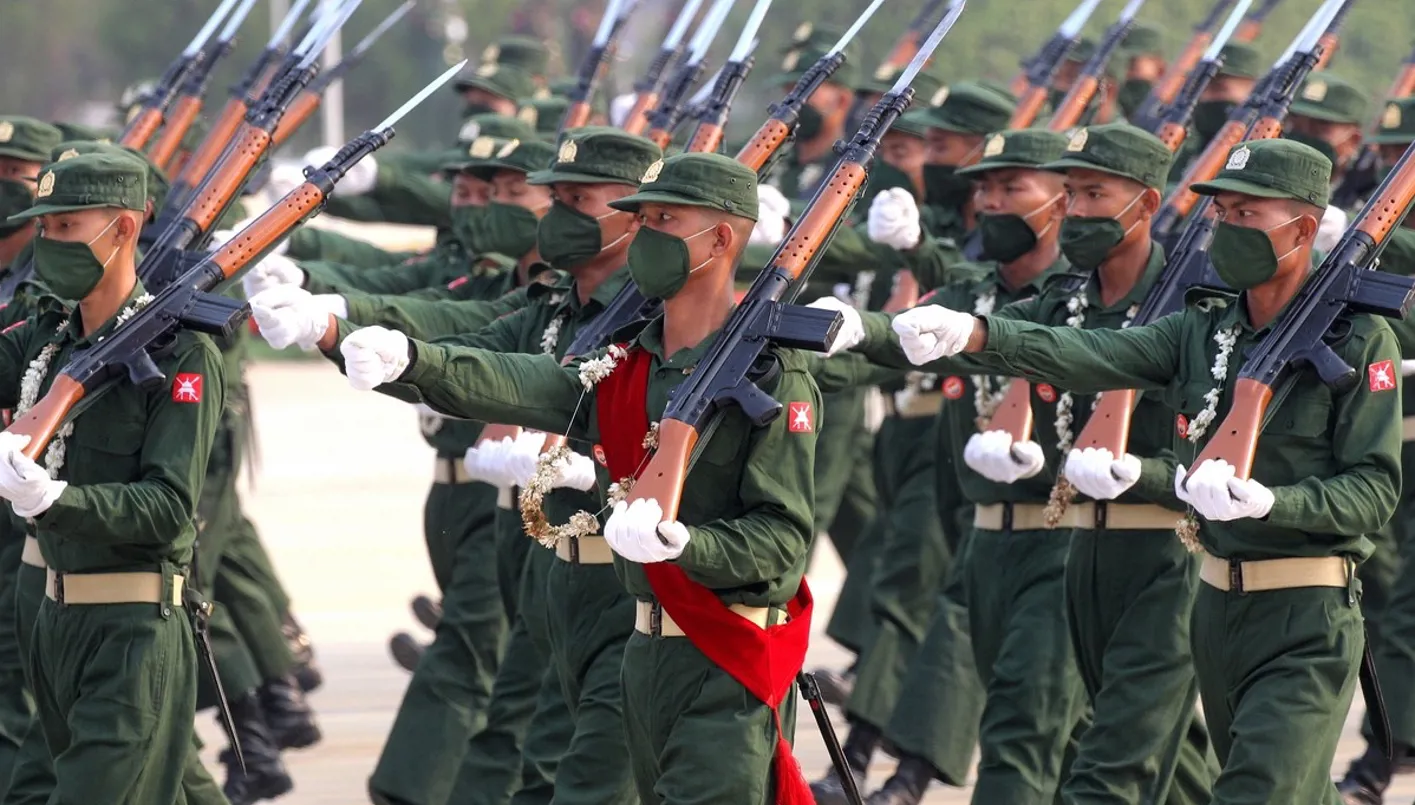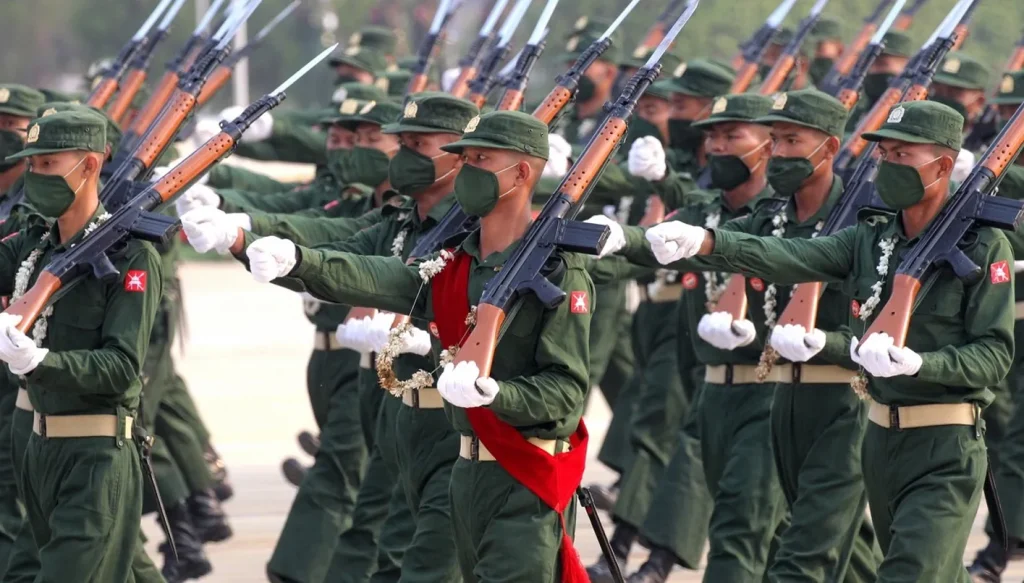A report issued by the United Nations Office of the High Commissioner for Human Rights revealed that the Myanmar army has killed 7,100 Rohingya Muslims in Rakhine State (Arakan) since the military coup in 2021, with one-third of the victims being women and children.
The report explained that the worsening crisis in Rakhine State serves as a stark reminder of the “atrocities committed by the army in 2017,” noting an escalation in killings, torture, village burnings, and mass forced displacement.
The UN report recorded the arrest of at least 29,560 people for political reasons and confirmed that over 22,000 remain in detention without respect for fair trial guarantees in military-controlled courts.
The report also highlighted the displacement of hundreds of thousands since the escalation of hostilities in Rakhine, estimating that about 150,000 Rohingya fled to Bangladesh since November 2023, joining nearly one million others who had previously sought refuge in the Muslim-majority country.
In this context, the UN High Commissioner for Human Rights, Volker Türk, said: “Civilians from the Rohingya and Rakhine communities continue to suffer the consequences of hostilities, with widespread patterns of indiscriminate attacks by the army against civilians,” confirming the army’s involvement in forced displacement, enforced disappearances, arbitrary arrests, burning and destruction of property, and repeated atrocities.
Türk attributed the repeated violations amid civilian suffering to the army’s actions in Myanmar amid near-total impunity, highlighting that the videos and images of death and destruction witnessed during the 2017 atrocities against the Rohingya “are happening again.”
Faced with these crimes and violations of international law, the High Commissioner renewed his previous calls for “referring the entire situation in Myanmar to the International Criminal Court by the Security Council.”
He emphasized that the time has come to take concrete measures to end the senseless violence against the people of Myanmar and stressed the importance of providing immediate humanitarian aid to those who have suffered “violence, hunger, and displacement for years and have been deprived of humanitarian assistance by the army.”














Recommended for you
Exhibition City Completes About 80% of Preparations for the Damascus International Fair Launch
Talib Al-Rifai Chronicles Kuwaiti Art Heritage in "Doukhi.. Tasaseem Al-Saba"
Unified Admission Applications Start Tuesday with 640 Students to be Accepted in Medicine
Egypt Post: We Have Over 10 Million Customers in Savings Accounts and Offer Daily, Monthly, and Annual Returns
His Highness Sheikh Isa bin Salman bin Hamad Al Khalifa Receives the United States Ambassador to the Kingdom of Bahrain
Al-Jaghbeer: The Industrial Sector Leads Economic Growth